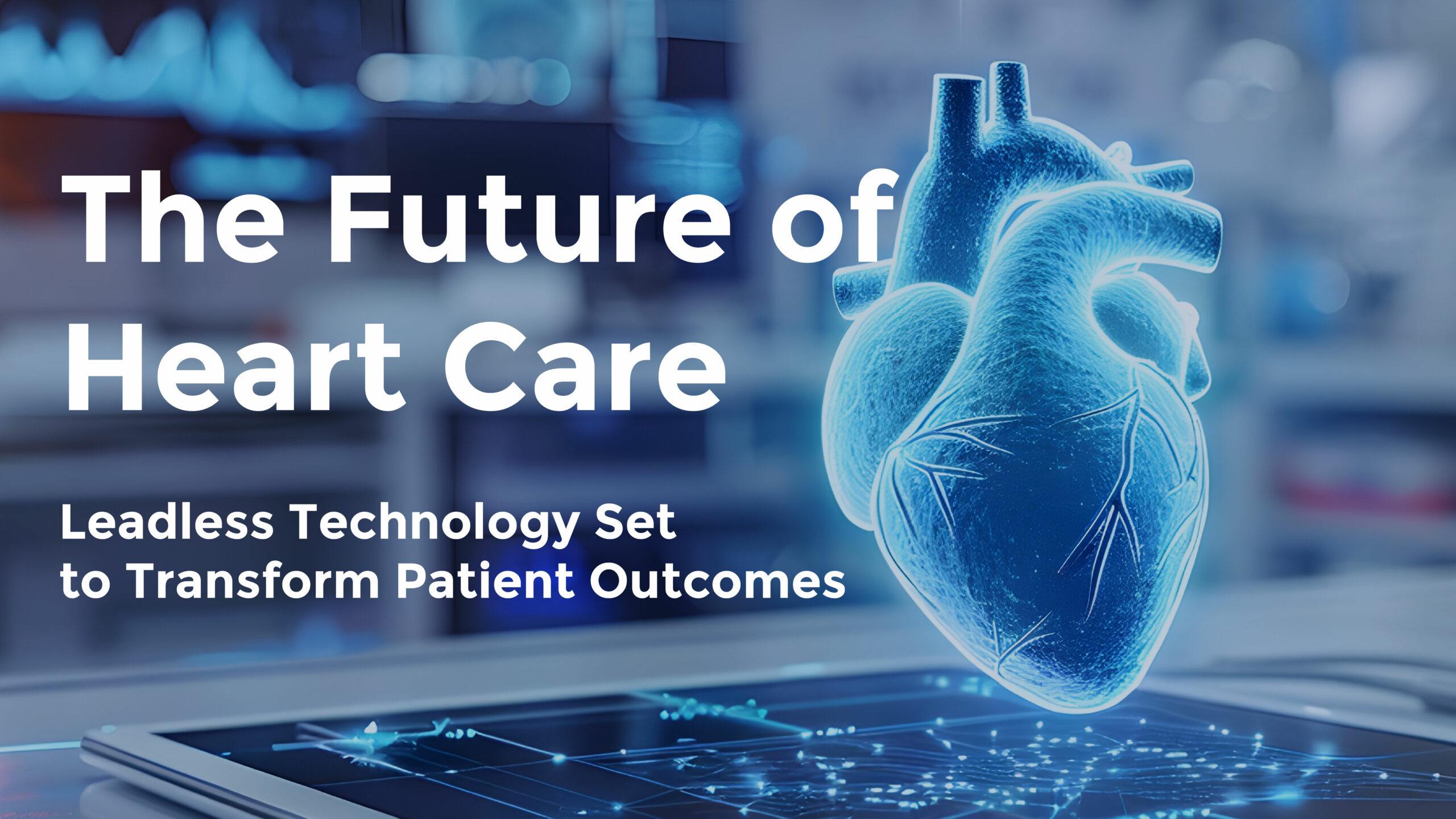News and Announcements

The Future of Heart Care: Leadless Technology Set to Transform Patient Outcomes
- Published January 13, 2025 8:30PM UTC
- Publisher Jade Miguel
- Categories Capital Insights, Landing, Trending
Imagine a cardiac device so small it could rest on the tip of your fingernail—a technological marvel no larger than a grain of rice, yet powerful enough to potentially save thousands of lives. This isn’t science fiction, but the cutting-edge reality of modern cardiac rhythm management.
In the rapidly evolving world of medical technology, one innovation is quietly but decisively changing the landscape of heart failure treatment. And at the center of this transformation is a breakthrough that could redefine how we approach cardiac care.
The Achilles Heel of Traditional Pacing
Traditional pacemakers have long been plagued by a fundamental weakness. “All traditional pacing devices depend on leads or wires, which are notorious for being the ‘Achilles heel of pacing systems,'” explains Andrew Shute, Senior Vice President of EBR Systems.
These leads—the wires connecting devices to heart tissue—have been a persistent challenge. They can migrate, fracture, and compromise patient safety. But what if we could eliminate them entirely?
A Technological Milestone with Market Momentum
The market is taking notice of EBR Systems’ groundbreaking innovations. The company’s share price has surged 5%, climbing to 93 cents, reflecting growing investor confidence. A pivotal moment is on the horizon: the company is set to meet with the U.S. Food and Drug Administration (FDA) on December 20, 2024, marking a critical step in their Pre-Market Approval (PMA) submission process.
A Rice-Sized Solution to Complex Problems
Uniquely positioned in the medical device landscape, EBR Systems boasts the world’s only wireless, endocardial pacing system for left ventricular stimulation. Their revolutionary leadless technology is turning heads in the medical community. “Our system is the only leadless technology that can be placed inside the left ventricle,” Shute reveals. And here’s the truly remarkable part: this device is roughly the size of a grain of rice.
But size isn’t just about miniaturisation—it’s about maximising patient safety and treatment efficacy. The device becomes fully integrated within the body’s tissue in just 30 to 45 days, significantly reducing the risk of dangerous blood clots.
The Market Potential: A US$3.6 Billion Opportunity
For investors and healthcare professionals alike, the numbers are compelling. The potential market spans four critical segments: acute lead failures, chronic lead failures, high-risk upgrades, and leadless upgrades. With half of this massive market concentrated in just 252 key accounts in the US, the growth potential is extraordinary.
Looking to the Future: Beyond Current Limitations
The innovation doesn’t stop at leadless technology. “We’ll be the first cardiac rhythm management company to introduce a rechargeable battery,” Shute adds, highlighting another groundbreaking development. Imagine a cardiac device that can be charged like a mobile phone—weekly or bi-weekly—eliminating replacement surgeries.
This breakthrough promises not just technological advancement, but a 66% reduction in device size, translating to enhanced patient comfort and reduced healthcare costs.
A Glimpse of What’s to Come
As we approach 2025, EBR Systems is positioning itself at the forefront of cardiac innovation. With prestigious publications in JAMA Cardiology and ongoing FDA reviews, they’re not just developing technology—they’re reimagining cardiac care.
The message is clear: The future of heart failure treatment isn’t just about managing symptoms, but fundamentally transforming how we approach cardiac health.
In a world where medical technology continues to push boundaries, this innovation represents more than just a device. It’s a beacon of hope for millions struggling with heart conditions—a testament to human ingenuity and our relentless pursuit of better healthcare solutions.
Trending
Backed By Leading Investment Groups and Family Offices








